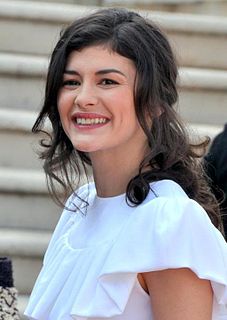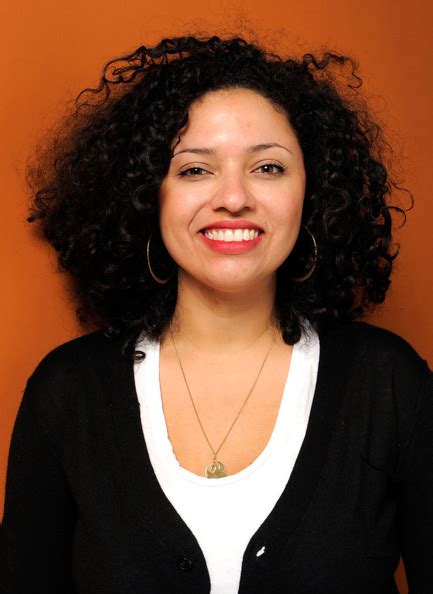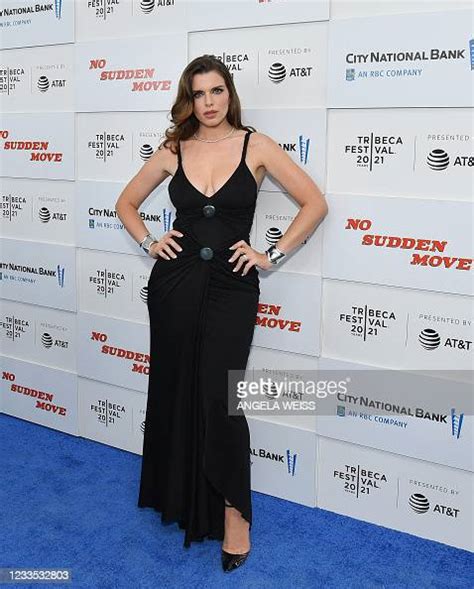A Quote by Adam Reed
But strangely, [in] the original Matt Helm books, he's just this super hardass assassin. They sort of made it into a sexy romp for the movies. The books are very, very dark. I also watched 'OSS 117: Cairo, Nest Of Spies,' which is a French film. They just made a second one, I think, which is based on like, 100 novels. They're just fantastic. They're set in the '60s. A lot of the visual inspiration definitely came from 1960 James Bond movies and 'OSS 177' and also 'Pink Panther' movies.
Quote Topics
Also
Assassin
Based
Bond
Bond Movie
Books
Cairo
Came
Dark
Definitely
Fantastic
Film
French
Helm
Inspiration
James
James Bond
James Bond Movie
Just
Like
Lot
Made
Made It
Matt
Movies
Nest
Novels
Original
Panther
Pink
Pink Panther
Second
Set
Sexy
Sort
Spies
Strangely
Super
Think
Very
Visual
Watched
Which
Related Quotes
I watched a lot of the James Bond movies, certainly, both the old ones and the reboot with Daniel Craig. I watched a lot of the Matt Helm films with Dean Martin, which just have these great car scenes where it's rear-projected, and they just start making martinis out of a bar in the glove compartment.
Usually, when you do a period movie, you just recreate what you are shooting. You don't recreate the way you shoot it. I think I did the same thing here as I did in the OSS 117 movies. I recreated the way to shoot that period, because to me, like what I was saying about the Steadicam, there's no sense to do a Steadicam shot in the 1920s because you have never seen the '20s like that. You can't believe there was a Steadicam in the 1920s. I believe it's a continuation of the OSS 117 in a way but without the irony.
Because I didn't go to film school, I had a collection of books that were inspiring or taught me how to make movies, shorts with my friends back in Brooklyn, and one of those books was How I Made a Hundred Movies in Hollywood and Never Lost a Dime which is Roger's autobiography. After reading that, I realized that oh my God, this guy is behind all my favorite Pam Grier movies. Oh my God, he made the Vincent Price Poe films that ran on television when I was little. He did Grand Theft Auto. He made Death Race 2000.
Oddly enough, most of the books written about the subject aren't very good because they just focus on the more hateful movies that they did very early, early on when they were trying to, you know, get Germany into the war, whether it be anti-Semitic movies like "Jud Suss," or "The Eternal Jew," or movies made against the Polish to help, you know, create sympathy for them to invade Poland. You know, there'd be movies where there would be some German girl living in Poland who's raped by the Polish or something.
Part of battle has been getting Hollywood to recognize that comic books and superheroes are not synonymous. That's been a huge breakthrough, just in recent years really, and as a result of that recent breakthrough, we've had movies like 300, Road to Perdition, and A History of Violence, that very few people realize were based on comic books and graphic novels. It's very important to make that differentiation.
Somebody pointed out to me that there's no horror film on my resume, which is true, but I also don't really go see those movies. Although when I was thinking about it, I was thinking "I would probably have a really nice beach house if I made a horror movie." They seem to be very popular. I just don't think it's my thing.
Honestly, not being evasive, but the great thing about Bond is that I have fifty years of movies - 23 movies and all the Ian Fleming novels and short stories, all of which are fodder. And when I'm working on the new Bond, I'm constantly going back to Fleming and the other movies - what are the bits and pieces, what are the resonances?


































